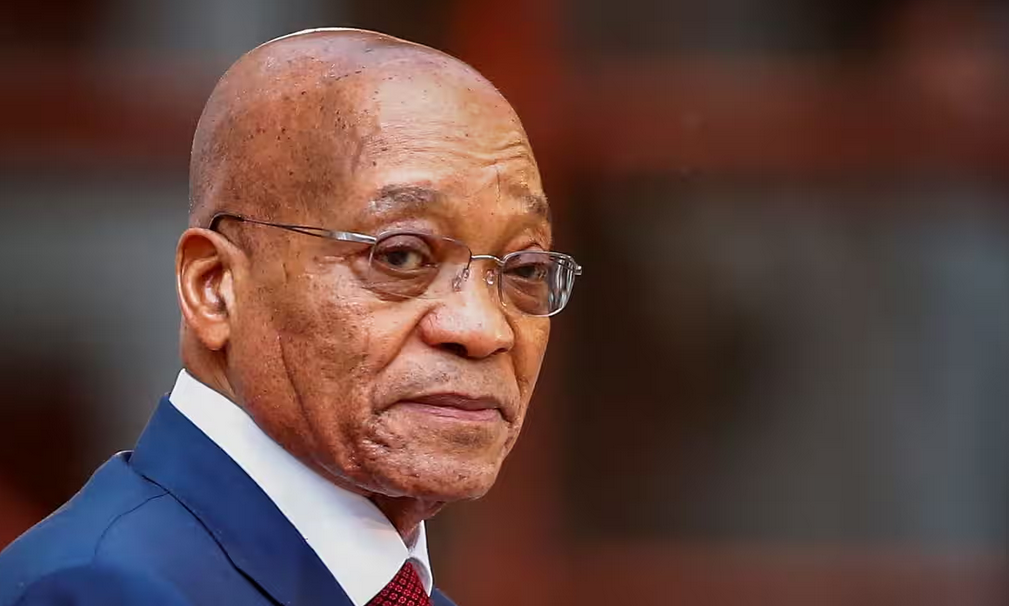Anybody who is not worried about Jacob Zuma has not been paying attention. Critics of the Pretoria regime have repeatedly warned.
On Tuesday, the South African Electoral Court ruled that Zuma 81, a former convict, can contest the May 29 elections as the main candidate of his new organization, the uMkhonto we Sizwe (MK) Party only registered in September last year.
The Johannesburg-based Social Research Foundation placed MK third in the ballot with 13 per cent, a remarkable share for a party. The same poll showed support for the ruling ANC dropping to 37 per cent.
The business-friendly DA, the main opposition, is seen by many in the country as a party for white South Africans, and influential members within the ANC bitterly oppose making a pact with them.
DA leader John Steenhuisen said that he was willing to join its ideological rival if the alternative was a “doomsday coalition” between the ANC, Zuma’s party and the radical Economic Freedom Fighters.
Zakhele Ndlovu, a politics lecturer at the University of KwaZulu-Natal, said Zuma’s appeal was primarily based on his image as a defender of the Zulu nation. This also played on a stereotype that many top ANC leaders have been Xhosas, South Africa’s second-biggest ethnic group.
“A lot of Zulus see themselves in him,” Ndlovu said.
The Zulu heartland of KwaZulu-Natal accounts for a fifth of registered voters in South Africa’s proportional representation system, and includes the port city of Durban.




















